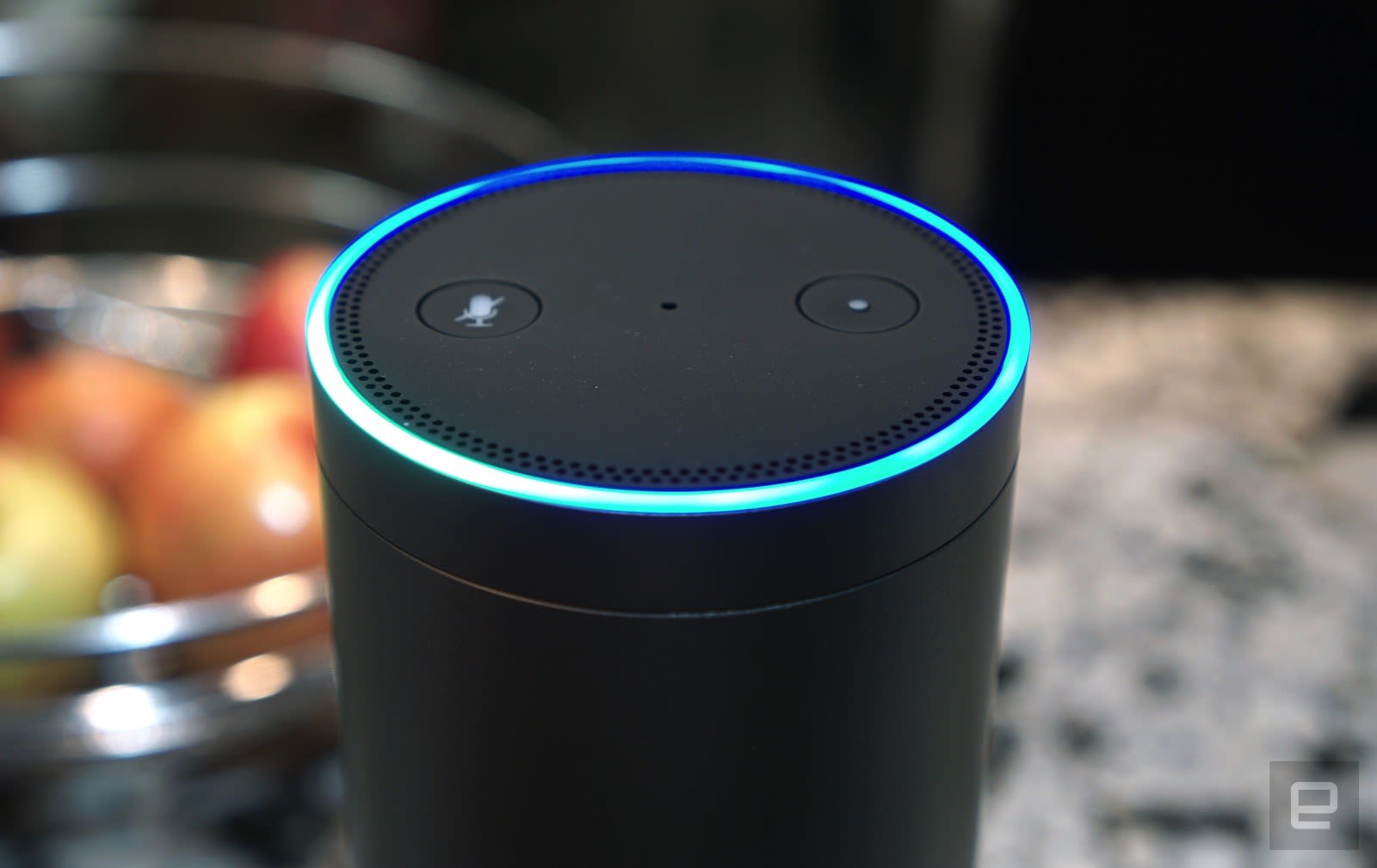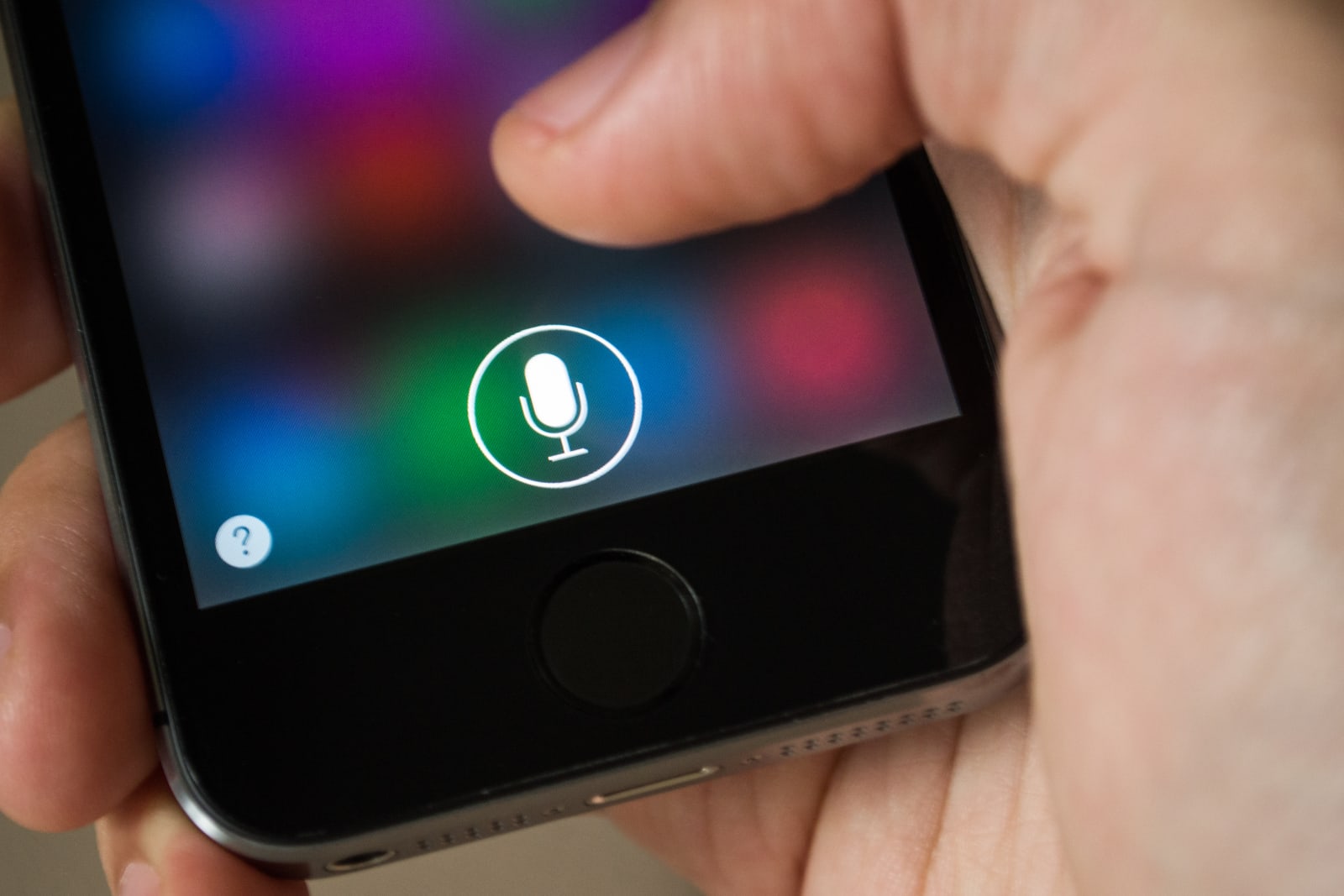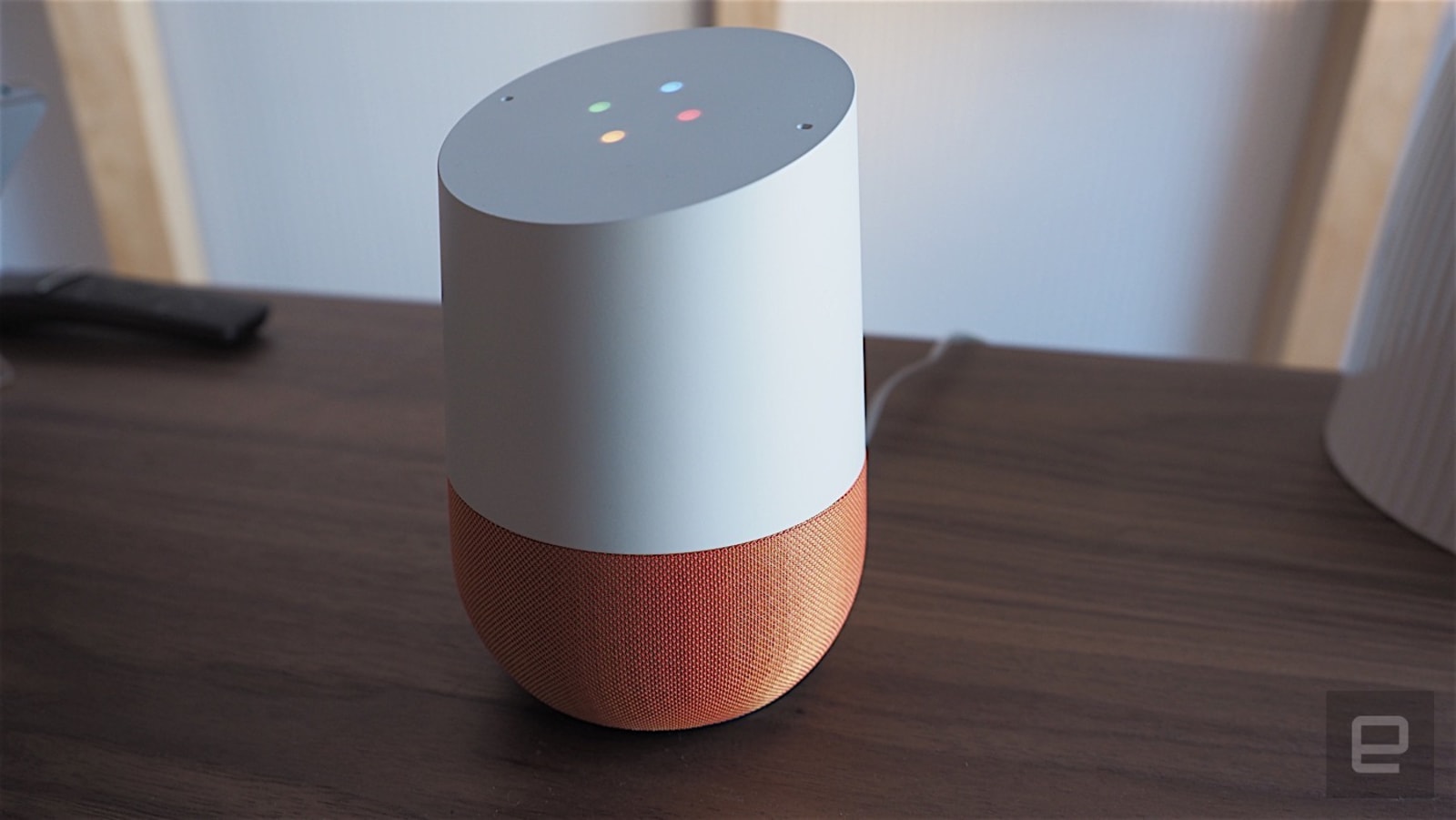
Intel is quickly transforming its dream of perceptual computing into reality: the company will soon ship motion control technology, and it acquired the gesture interface firm Omek back in July. The chip giant may not be done yet, as there are reports from Spain that it has acquired Indisys, a small natural language recognition company. Details of the buyout are scarce, but the move would give Intel its own voice control software; it wouldn't have to license code from third parties like Nuance. We've reached out to Intel to confirm the acquisition. If real, the Indisys takeover might have come at just the right time -- Intel is swinging its attention to wearables, and voice control is now more of a necessity than a luxury.
Update: Intel just confirmed to us that it acquired Indisys on May 31st, and that the deal has already closed.
Filed under: Software, Intel
Comments
Via: TechCrunch
Source: ABCdesevilla.es (translated)
 You can now dictate your texts with Google's Gboard keyboard even when you're offline, at least if you use a Pixel. Google's AI team announced that it updated the Gboard's speech recognizer to recognize characters one-by-one as they're spoken, and it...
You can now dictate your texts with Google's Gboard keyboard even when you're offline, at least if you use a Pixel. Google's AI team announced that it updated the Gboard's speech recognizer to recognize characters one-by-one as they're spoken, and it...
 You can now dictate your texts with Google's Gboard keyboard even when you're offline, at least if you use a Pixel. Google's AI team announced that it updated the Gboard's speech recognizer to recognize characters one-by-one as they're spoken, and it...
You can now dictate your texts with Google's Gboard keyboard even when you're offline, at least if you use a Pixel. Google's AI team announced that it updated the Gboard's speech recognizer to recognize characters one-by-one as they're spoken, and it...
 Modern speech recognition is clunky and often requires massive amounts of annotations and transcriptions to help understand what you're referencing. There might, however, be a more natural way: teaching the algorithms to recognize things much like yo...
Modern speech recognition is clunky and often requires massive amounts of annotations and transcriptions to help understand what you're referencing. There might, however, be a more natural way: teaching the algorithms to recognize things much like yo...
 Cultural biases in tech aren't just limited to facial recognition -- they crop up in voice assistants as well. The Washington Post has partnered with research groups on studies showing that Amazon Alexa and Google Assistant aren't as accurate unders...
Cultural biases in tech aren't just limited to facial recognition -- they crop up in voice assistants as well. The Washington Post has partnered with research groups on studies showing that Amazon Alexa and Google Assistant aren't as accurate unders...
 Doctors work long hours, and a disturbingly large part of that is documenting patient visits -- one study indicates that they spend 6 hours of an 11-hour day making sure their records are up to snuff. But how do you streamline that work without hiri...
Doctors work long hours, and a disturbingly large part of that is documenting patient visits -- one study indicates that they spend 6 hours of an 11-hour day making sure their records are up to snuff. But how do you streamline that work without hiri...
 The tech world has spent years trying to create speech recognition software that listens as well as humans. Now, IBM says it's achieved a 5.5 percent word error rate, down from its previous record of 6.9 percent -- an industry milestone that could ev...
The tech world has spent years trying to create speech recognition software that listens as well as humans. Now, IBM says it's achieved a 5.5 percent word error rate, down from its previous record of 6.9 percent -- an industry milestone that could ev...
 Facebook has started rolling out its "Caffe2Go" AI platform that does advanced style transfer video effects in real time using only your iOS or Android smartphone's horsepower. While the painterly effects are cool (see the video, below), the tech beh...
Facebook has started rolling out its "Caffe2Go" AI platform that does advanced style transfer video effects in real time using only your iOS or Android smartphone's horsepower. While the painterly effects are cool (see the video, below), the tech beh...
 When humans try to transcribe a spoken conversation all in one go, they manage to miss 5.9 percent of what they hear on average. Microsoft announced on Tuesday that, for the first time, they've managed to get a computer to perform that same transcrip...
When humans try to transcribe a spoken conversation all in one go, they manage to miss 5.9 percent of what they hear on average. Microsoft announced on Tuesday that, for the first time, they've managed to get a computer to perform that same transcrip...
 Google Home is the latest embodiment of a virtual assistant. The voice-activated speaker can help you make a dinner reservation, remind you to catch your flight, fire up your favorite playlist and even translate words for you on the fly. While the vo...
Google Home is the latest embodiment of a virtual assistant. The voice-activated speaker can help you make a dinner reservation, remind you to catch your flight, fire up your favorite playlist and even translate words for you on the fly. While the vo...
 There's a new Barbie on the block. She's chatty and she comes with a charging station. She's dressed in a cropped, metallic leather jacket, dark skinny jeans and a white sweater vest with the word "HELLO" printed thrice on the front. Within seconds...
There's a new Barbie on the block. She's chatty and she comes with a charging station. She's dressed in a cropped, metallic leather jacket, dark skinny jeans and a white sweater vest with the word "HELLO" printed thrice on the front. Within seconds...
